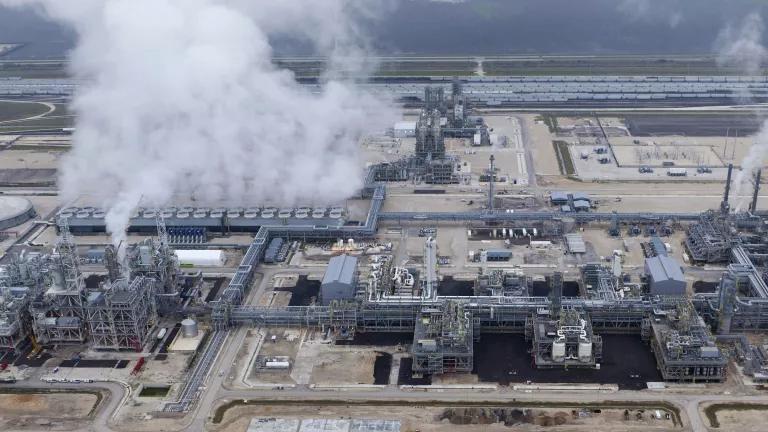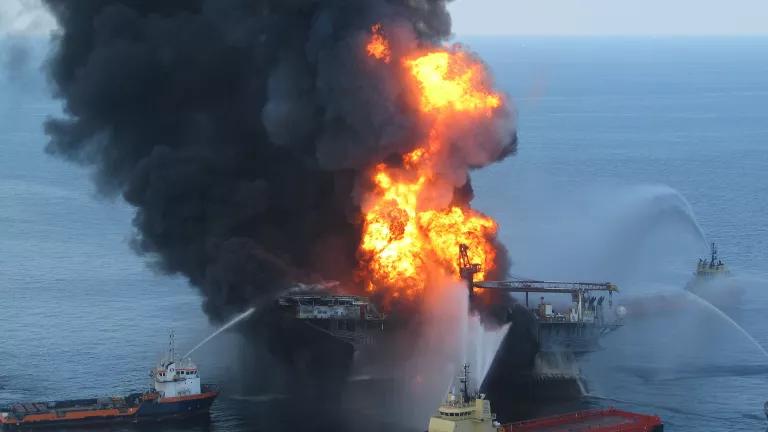Recently I blogged about the Schilke ranch in the Bakken shale, which has 32 oil wells within three miles of it. The Schilkes have sick cattle and pets, and the Schilkes themselves report they are seriously ill.
A new article in The Guardian tells the story of other North Dakota farmers and ranchers who are experiencing financial or personal ruin due to Bakken drilling.
There are at least 25 oil wells within two miles of the Jorgensen ranch in the Bakken shale. The Guardian explains how the Jorgensens' lives changed dramatically beginning in 2010. That year they report that they lost 80 olive trees due to a combination of wellpad and pit construction, a loss of their water source, and exposure to fracking fluid. Then in 2012, their seven-year-old granddaughter woke up screaming from a headache and Mrs. Jorgensen stopped hanging laundry outside because the air burned her nostrils. An emergency on their ranch heightened their feelings of helplessness: a gas flare went out out and they smelled hydrogen sulfide, which can be fatal. They did not have an emergency contact for the oil company and there wasn't even any way to leave a message on the company's office phone.
This article also tells the story of Don Nelson, a wheat and hay farmer. A seven-acre well pad was built in the middle of a 20-acre field, and made the entire 20 acres useless to him. He still has to pay taxes on the 20 acres of unusable farmland. We have heard similar stories from other farmers around the country in split estate situations.
The Guardian article, like the article in The Nation, discusses the massive dust problems in the Bakken. As I blogged about previously, some cattle are dying from dust pneumonia. One rancher reports that her cattle sometimes reject their feed because "It's so full of dirt you have to wash it or nothing will eat it," and "Sometimes the hay has so much dirt the cattle won't even lay on it."
North Dakota has experienced spills, blow-outs, accidents, and now apparently serious harm to its residents and their livelihoods. State regulators need to create much stronger rules and greatly increase enforcement, especially for split estate victims.




